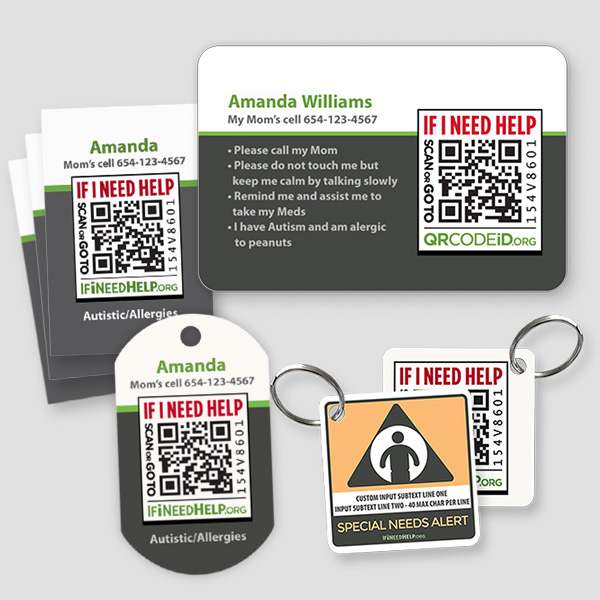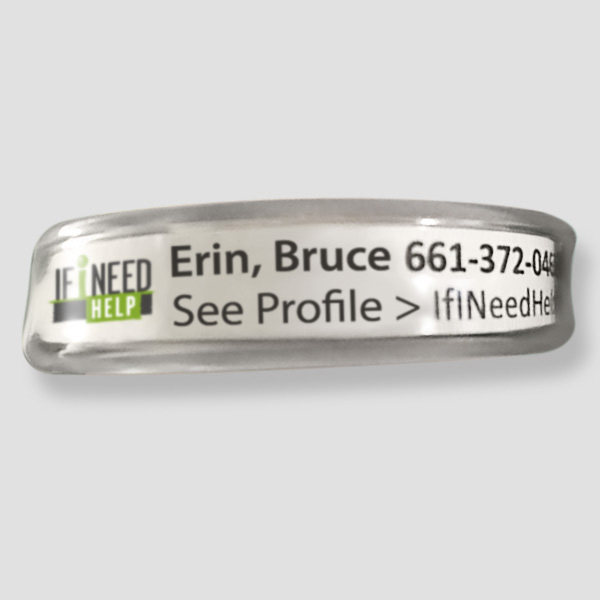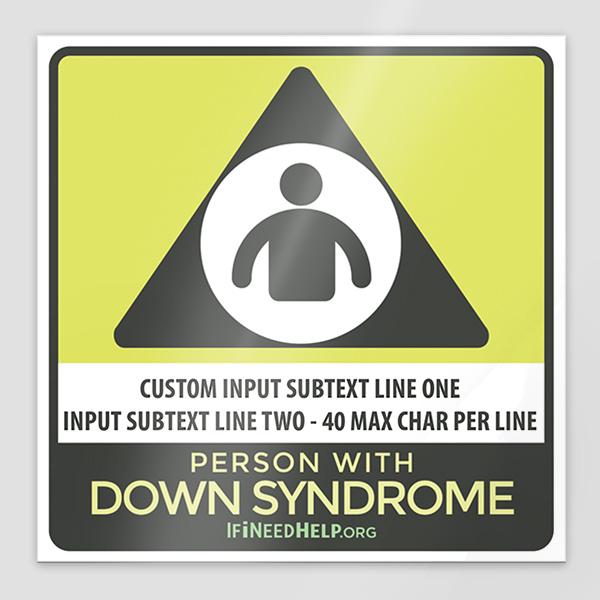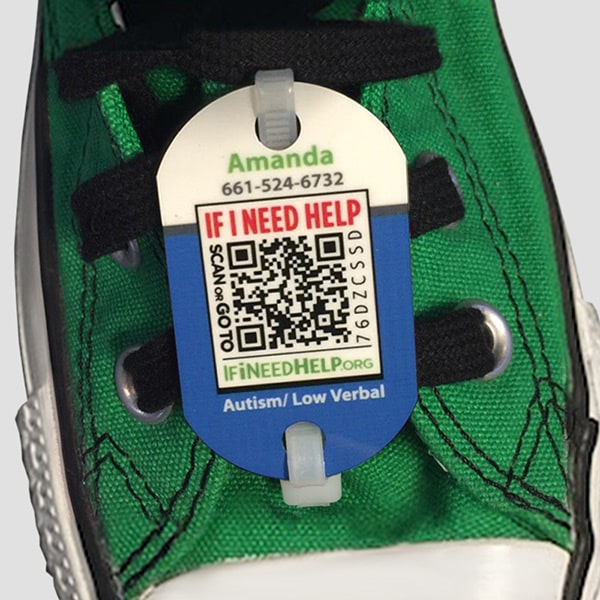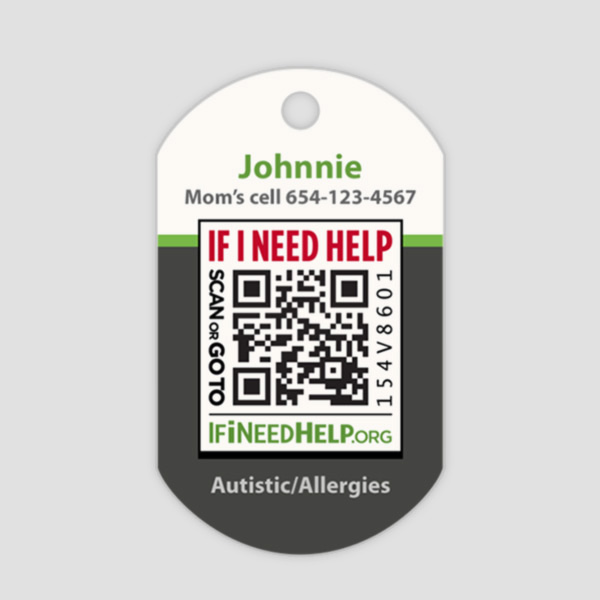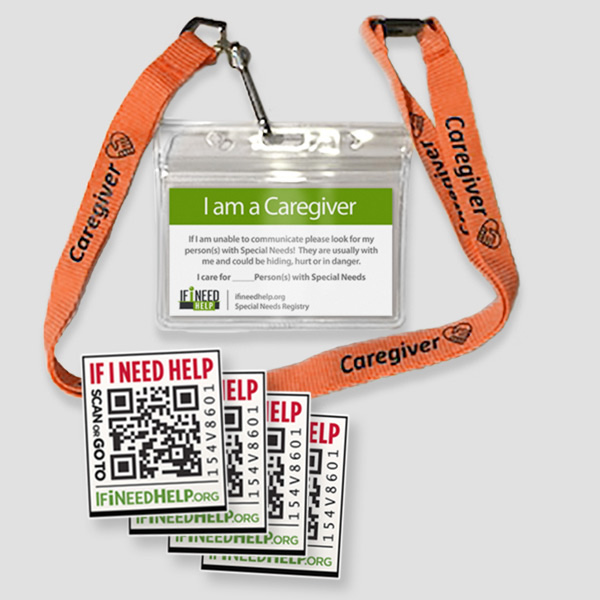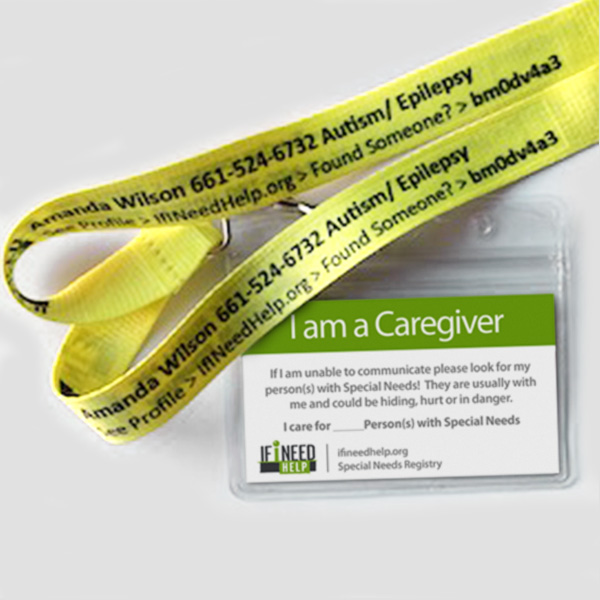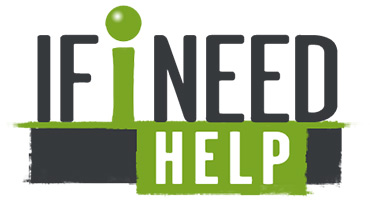Down Syndrome Elopement is a serious issue
Elopement, or wandering, is a common and often dangerous behavior in individuals with Down Syndrome. Studies show that nearly 50% of children with Down Syndrome are prone to wandering, often without a sense of danger or awareness of their surroundings. This behavior can lead to life-threatening situations, especially near busy roads, bodies of water, or unfamiliar environments.
For families and caregivers, the constant fear of elopement can be overwhelming. The unpredictability of when and where it may happen adds to the stress, making it crucial to have effective preventive measures in place. Unlike typical wandering, individuals with Down Syndrome may not always respond to their name or recognize signs of danger, which makes locating them quickly absolutely critical.
At If I Need Help, we understand the challenges that come with ensuring the safety of loved ones who may wander. Our solutions are designed to provide peace of mind for families, knowing that their loved one is equipped with technology that can help bring them back safely and quickly.

